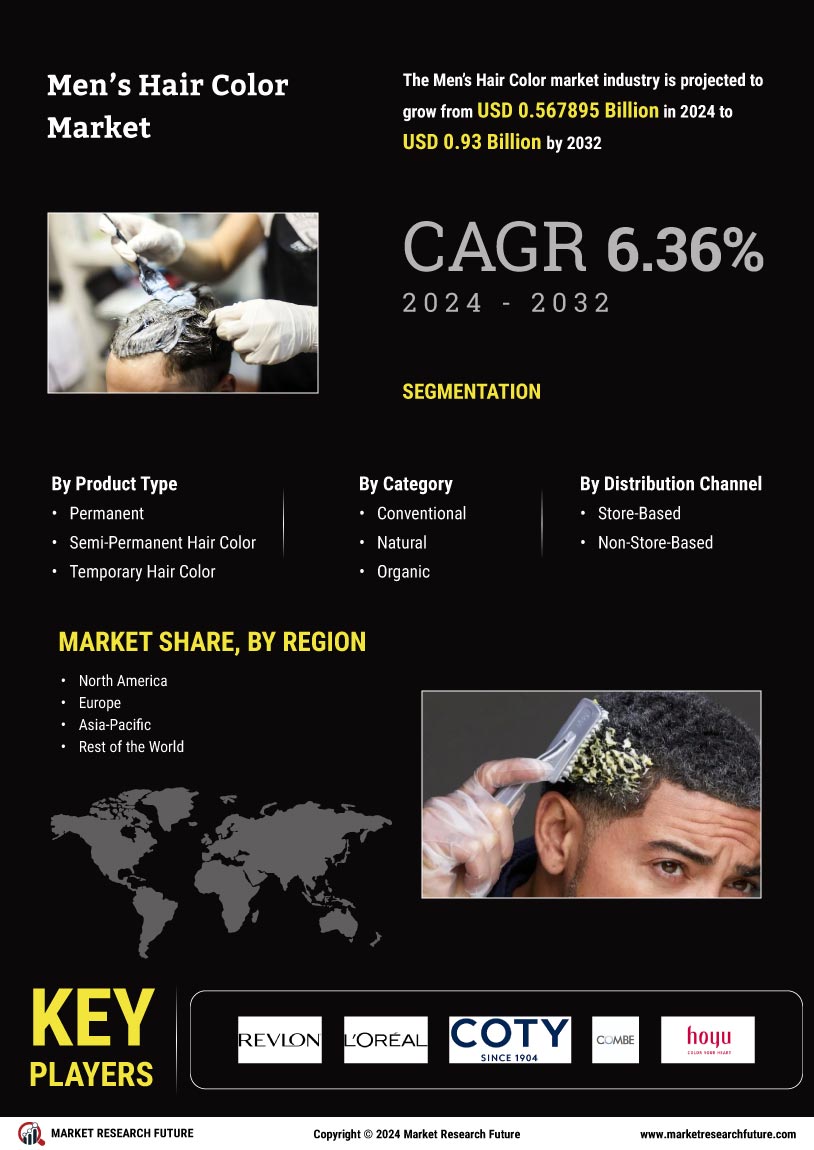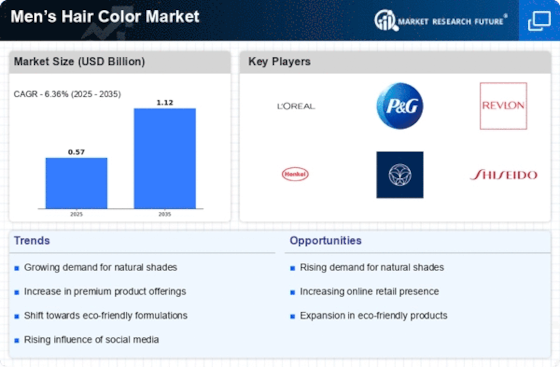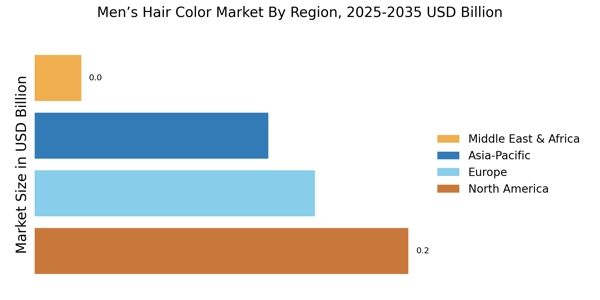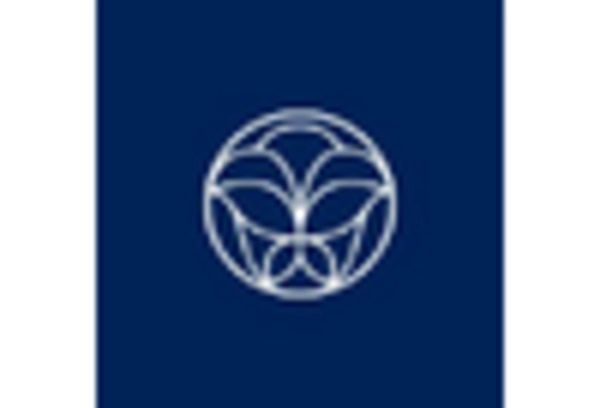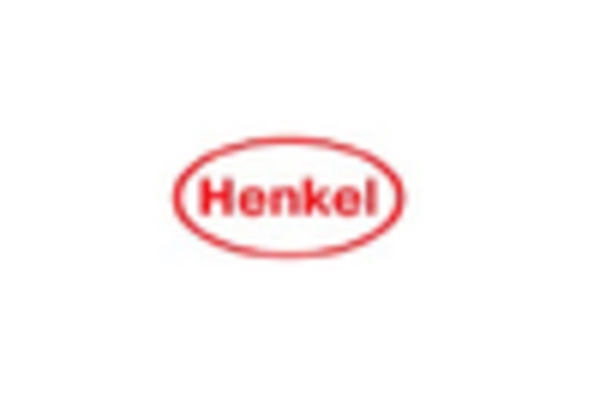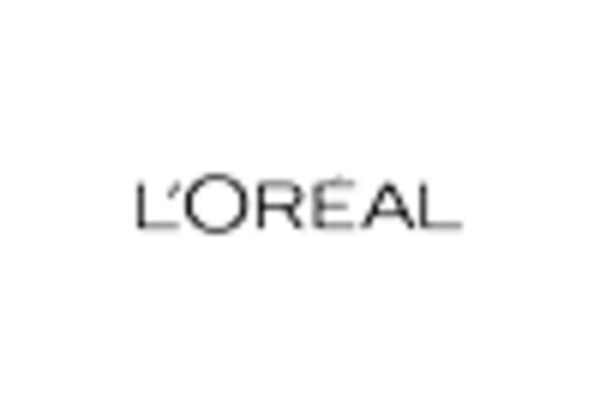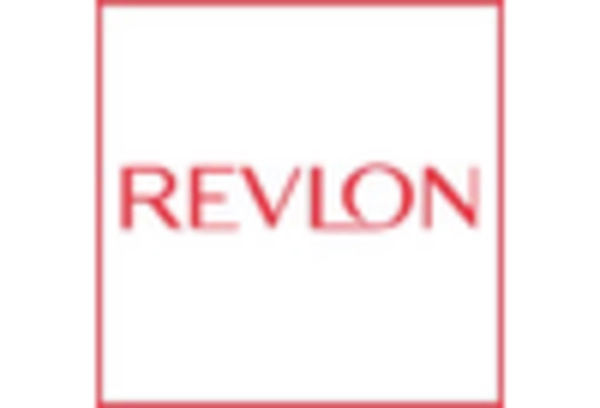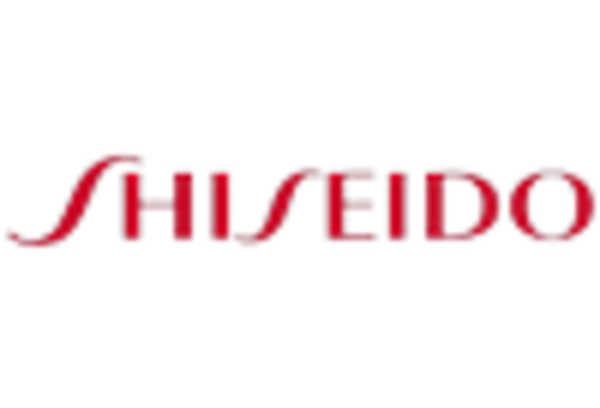Diverse Product Offerings
The Men’s Hair Color Market is characterized by a diverse range of product offerings, catering to various preferences and needs. From permanent to semi-permanent and temporary hair colors, brands are innovating to provide options that appeal to different consumer segments. The introduction of products that blend seamlessly with natural hair colors has gained traction, particularly among older men looking to cover gray hair. Market data shows that the semi-permanent segment is expected to witness a growth rate of 5% annually, indicating a shift towards less commitment in hair coloring. This diversity in offerings is likely to enhance consumer engagement and drive sales in the Men’s Hair Color Market.
Influence of Celebrity Endorsements
Celebrity endorsements play a pivotal role in shaping consumer behavior within the Men’s Hair Color Market. High-profile figures, including actors and musicians, are increasingly seen promoting hair color products, which significantly influences public perception and purchasing decisions. The visibility of these endorsements can lead to a surge in product demand, particularly among younger demographics who idolize these celebrities. Recent surveys indicate that nearly 40% of men are more likely to purchase a product endorsed by a celebrity they admire. This trend suggests that leveraging celebrity influence could be a strategic approach for brands aiming to capture a larger share of the Men’s Hair Color Market.
Growing Awareness of Personal Grooming
The Men’s Hair Color Market is benefiting from a growing awareness of personal grooming and self-care among men. As societal expectations evolve, more men are investing in their appearance, viewing grooming as an essential aspect of their lifestyle. This shift is reflected in the increasing sales of hair color products, with the market projected to reach USD 1.5 billion by 2026. The rise of grooming salons and specialized services further indicates a burgeoning interest in hair color among men. This heightened awareness is likely to sustain growth in the Men’s Hair Color Market, as more men seek to enhance their personal image through hair coloring.
Increasing Acceptance of Hair Color Among Men
The Men’s Hair Color Market is experiencing a notable shift in societal norms, with an increasing acceptance of hair coloring among men. This trend is driven by changing perceptions of masculinity and self-expression. As more men embrace hair color as a means of enhancing their appearance, the market is projected to grow. Recent data indicates that approximately 30% of men aged 18-34 have used hair color products, reflecting a significant rise in this demographic. This acceptance is likely to continue, suggesting a robust future for the Men’s Hair Color Market as it caters to a broader audience seeking to express individuality.
Technological Advancements in Hair Color Products
Technological advancements are significantly impacting the Men’s Hair Color Market, leading to the development of innovative products that cater to consumer needs. Formulations that minimize damage to hair while providing vibrant color options are becoming increasingly popular. Additionally, advancements in application techniques, such as easy-to-use kits for at-home coloring, are enhancing accessibility for consumers. Market Research Future suggests that the demand for ammonia-free and organic hair color products is on the rise, with a projected growth rate of 6% over the next five years. These technological innovations are likely to drive the Men’s Hair Color Market forward, appealing to health-conscious consumers seeking effective yet gentle hair color solutions.
